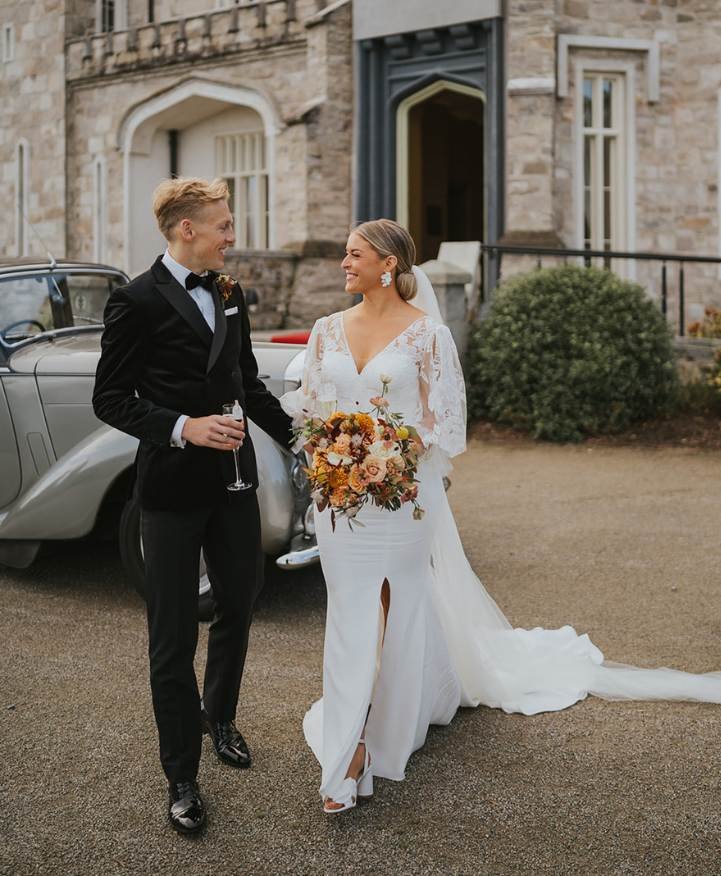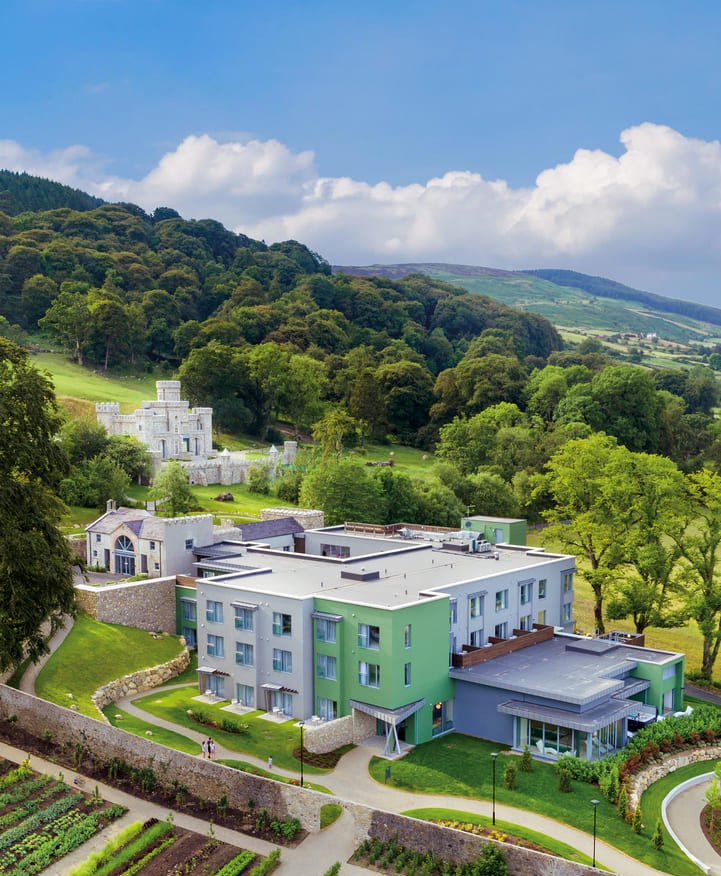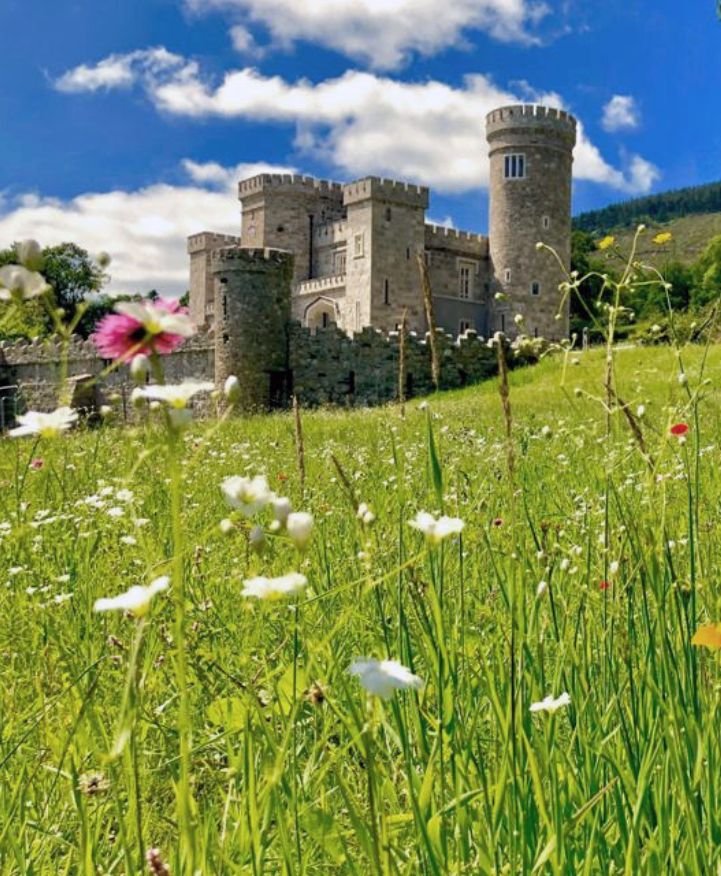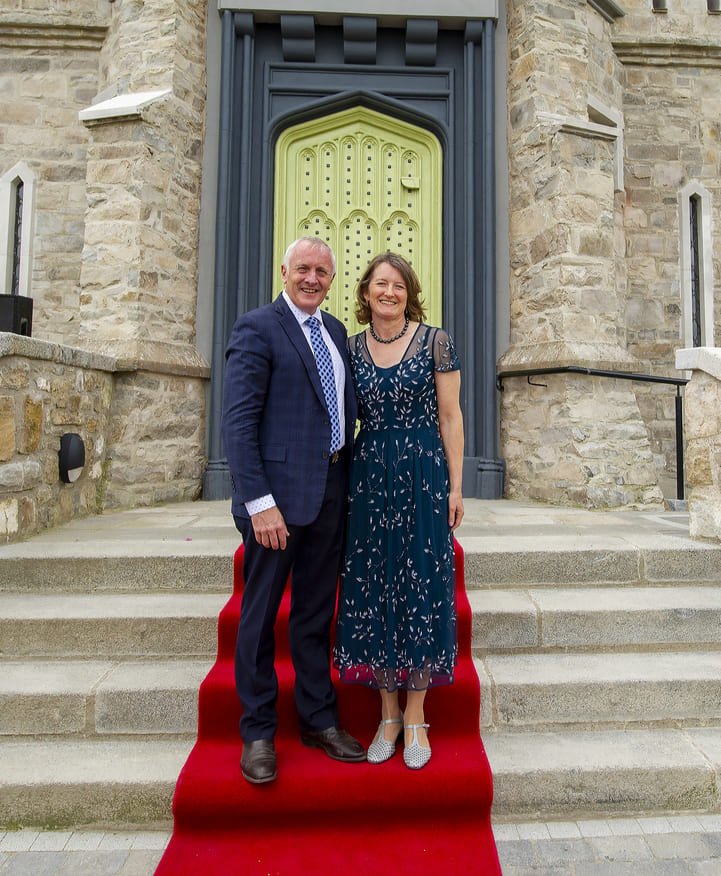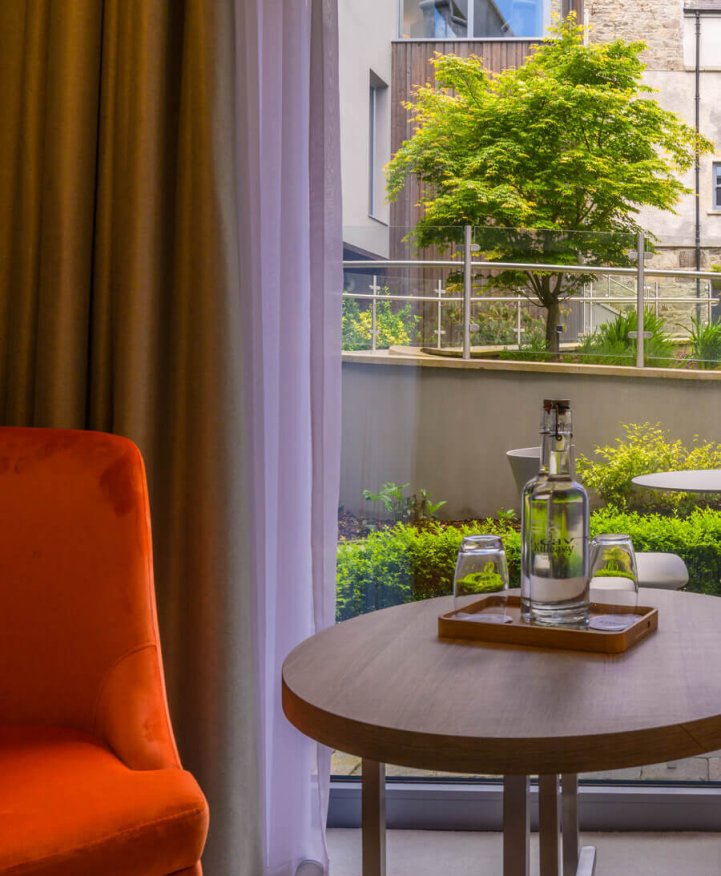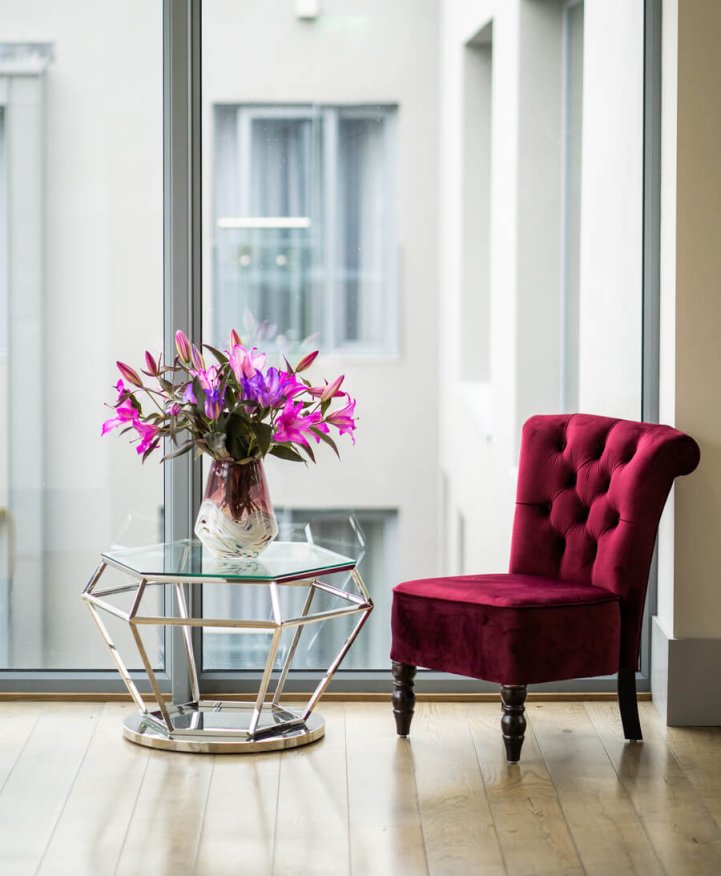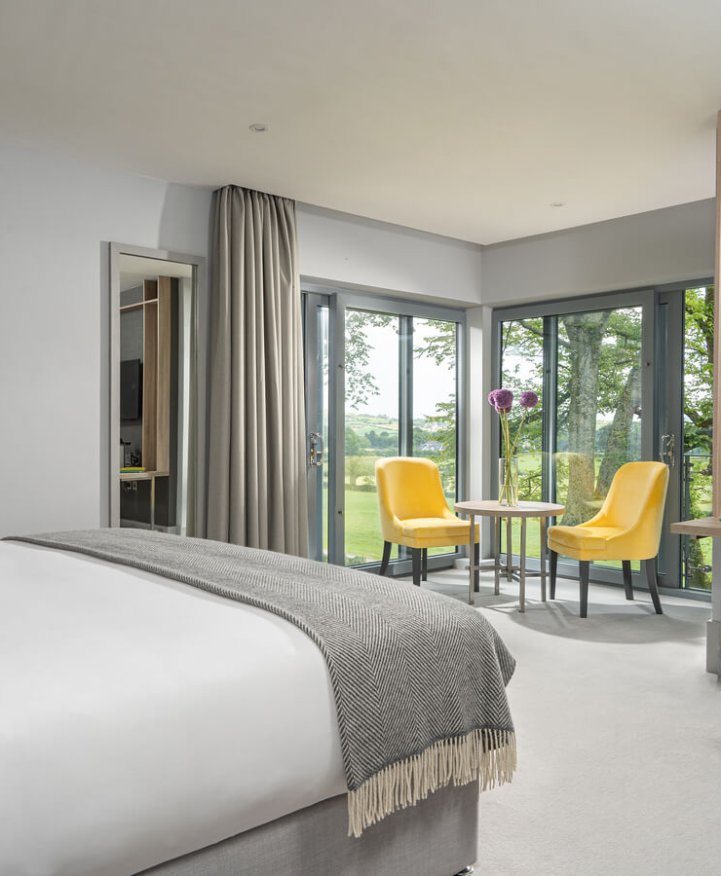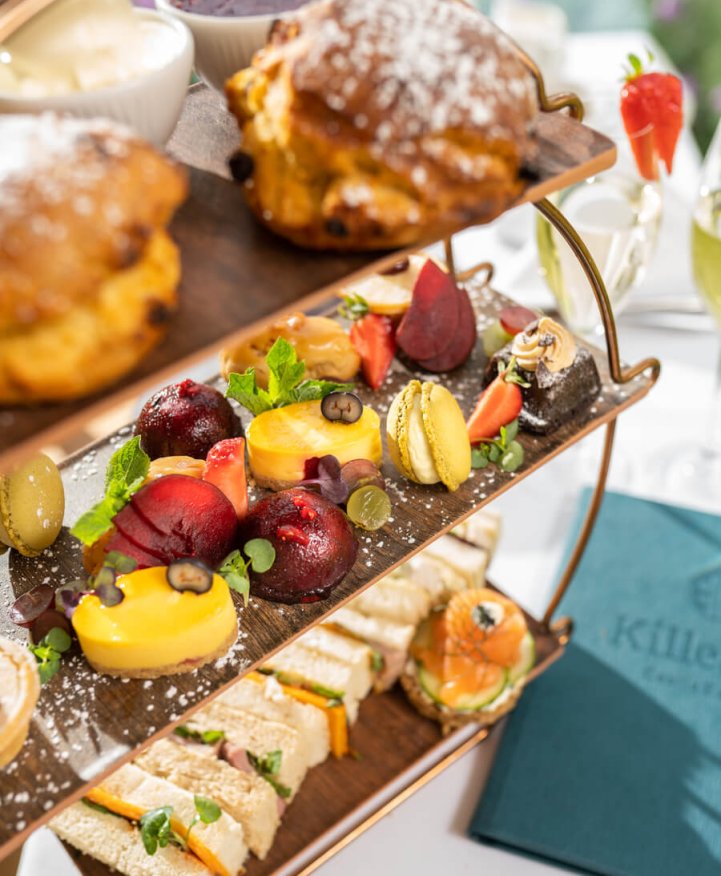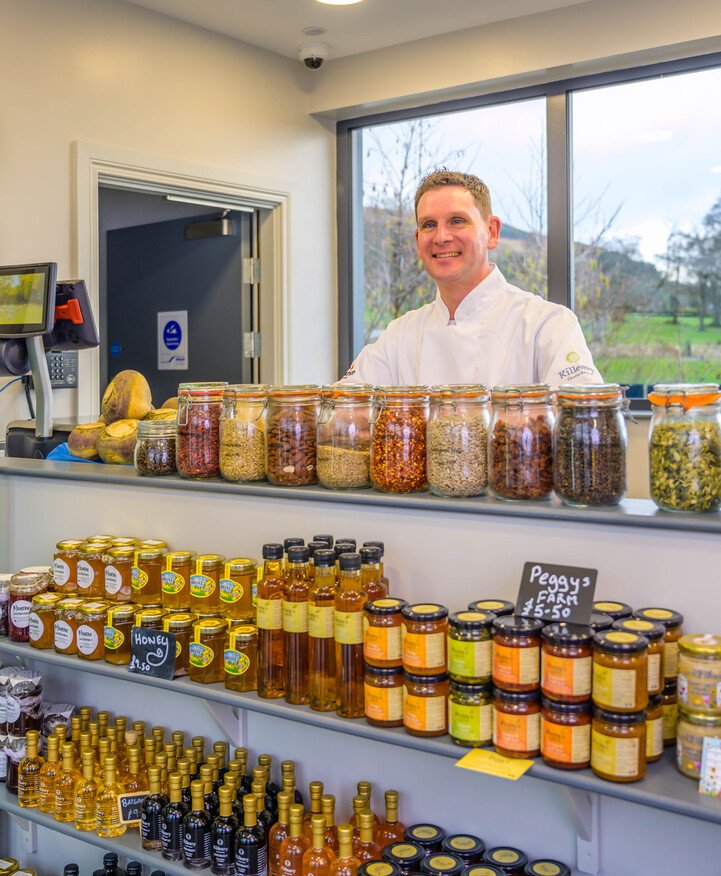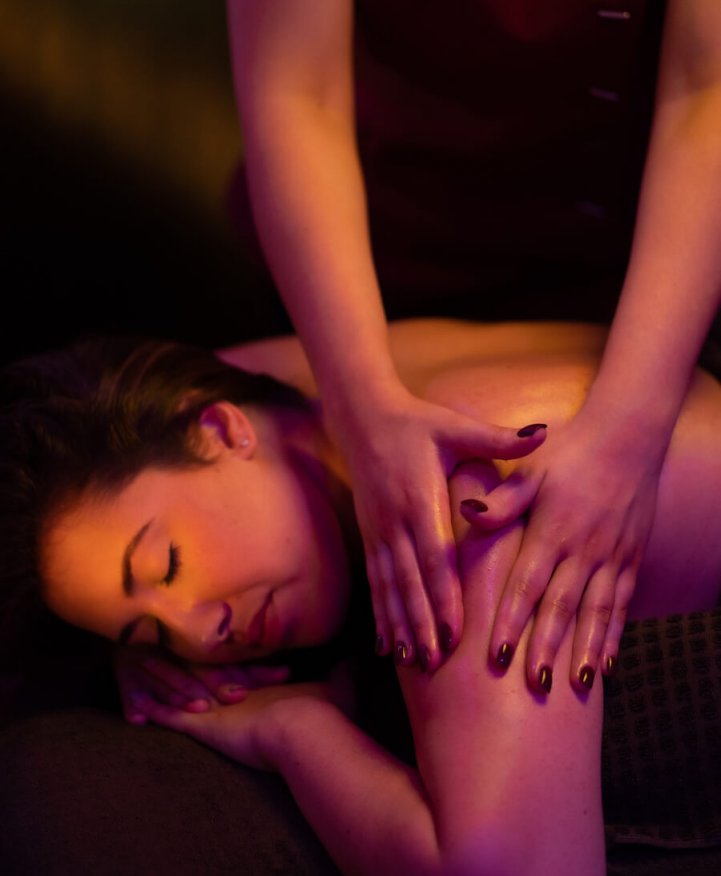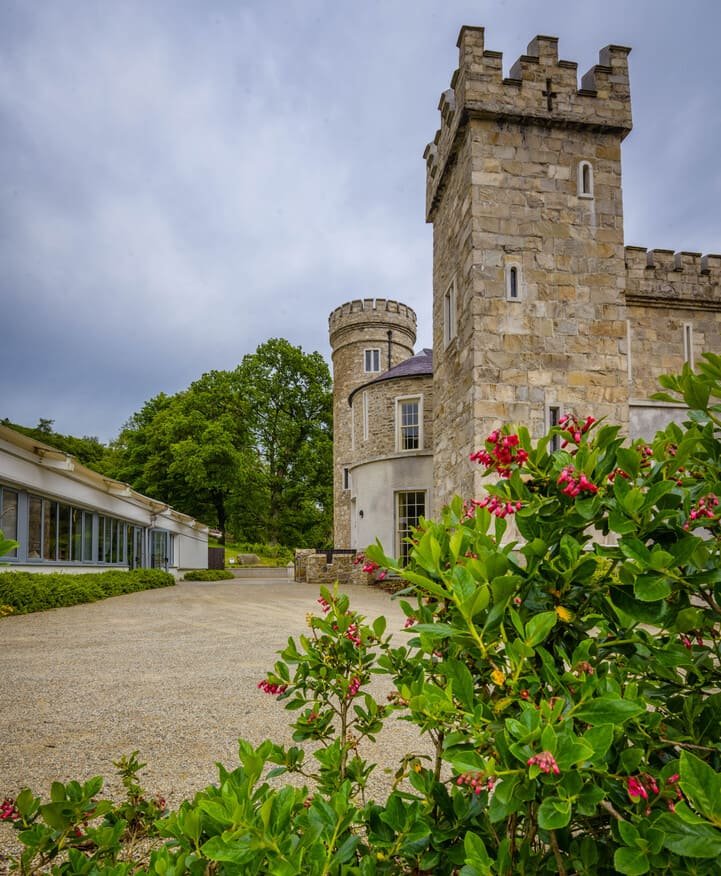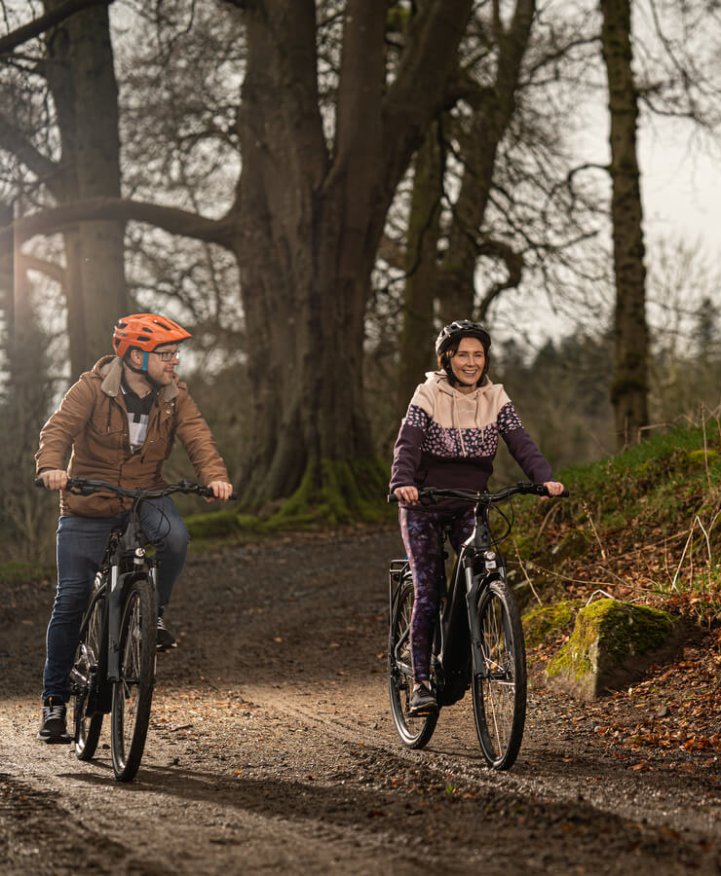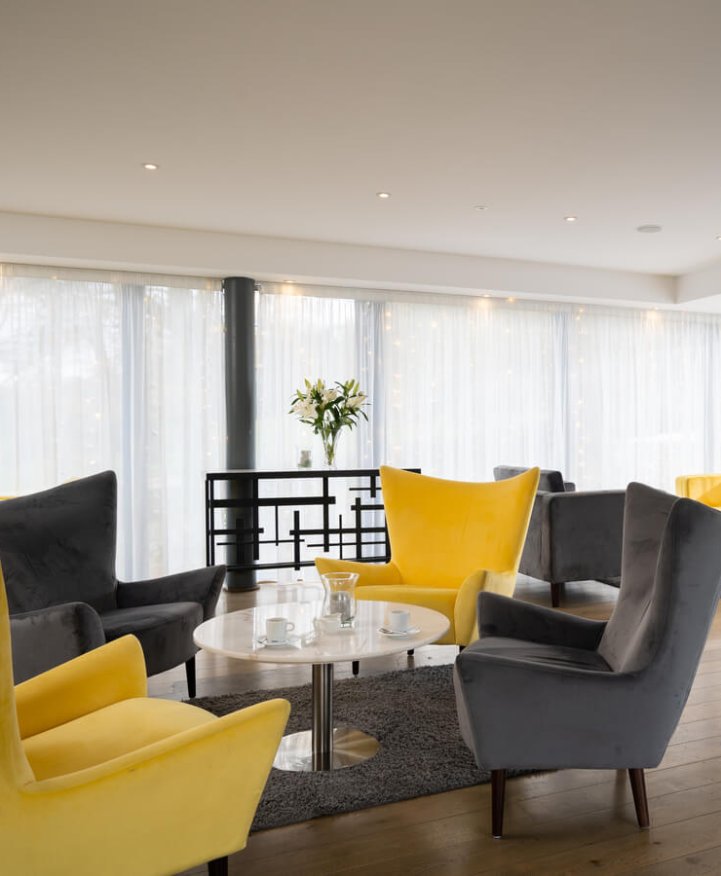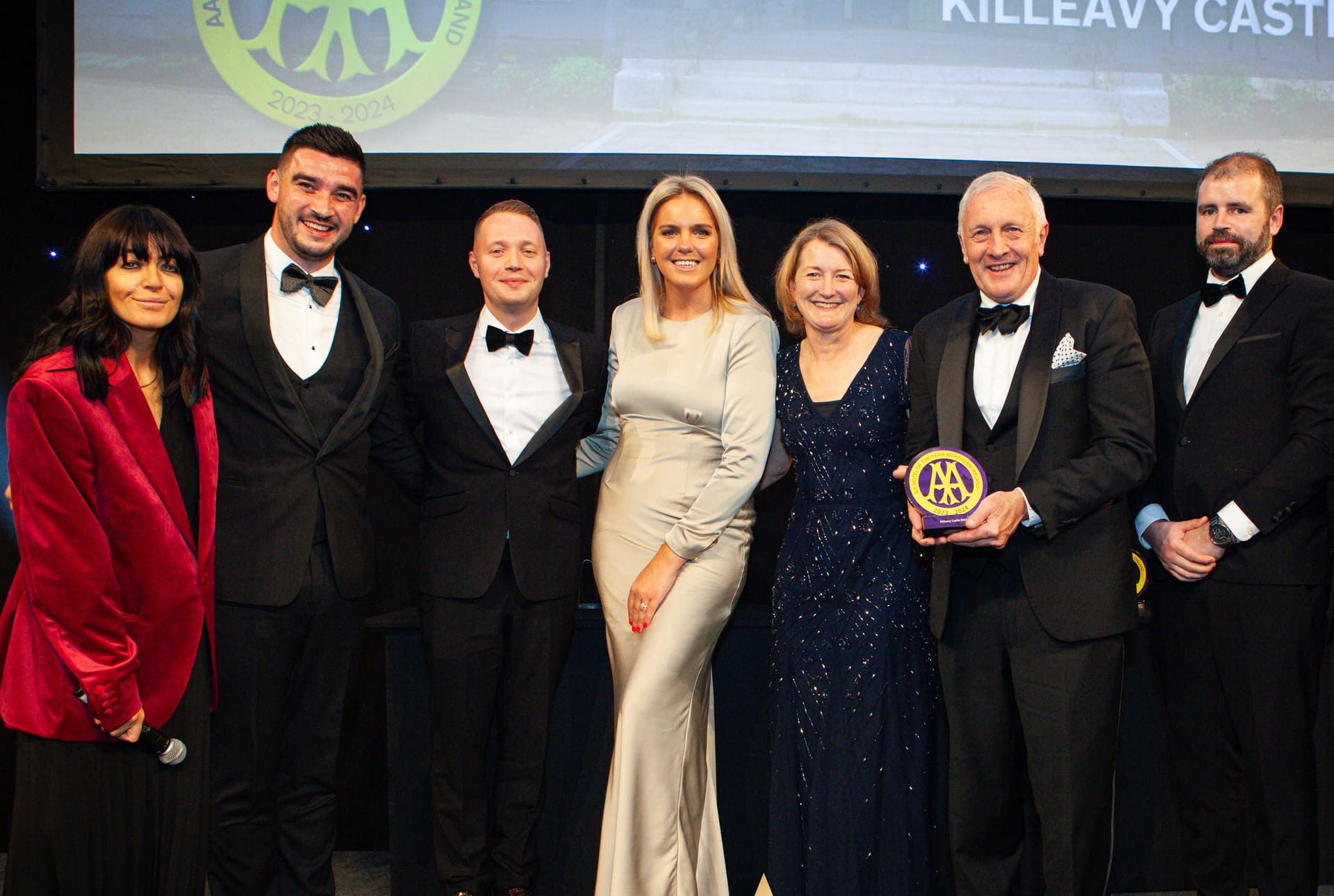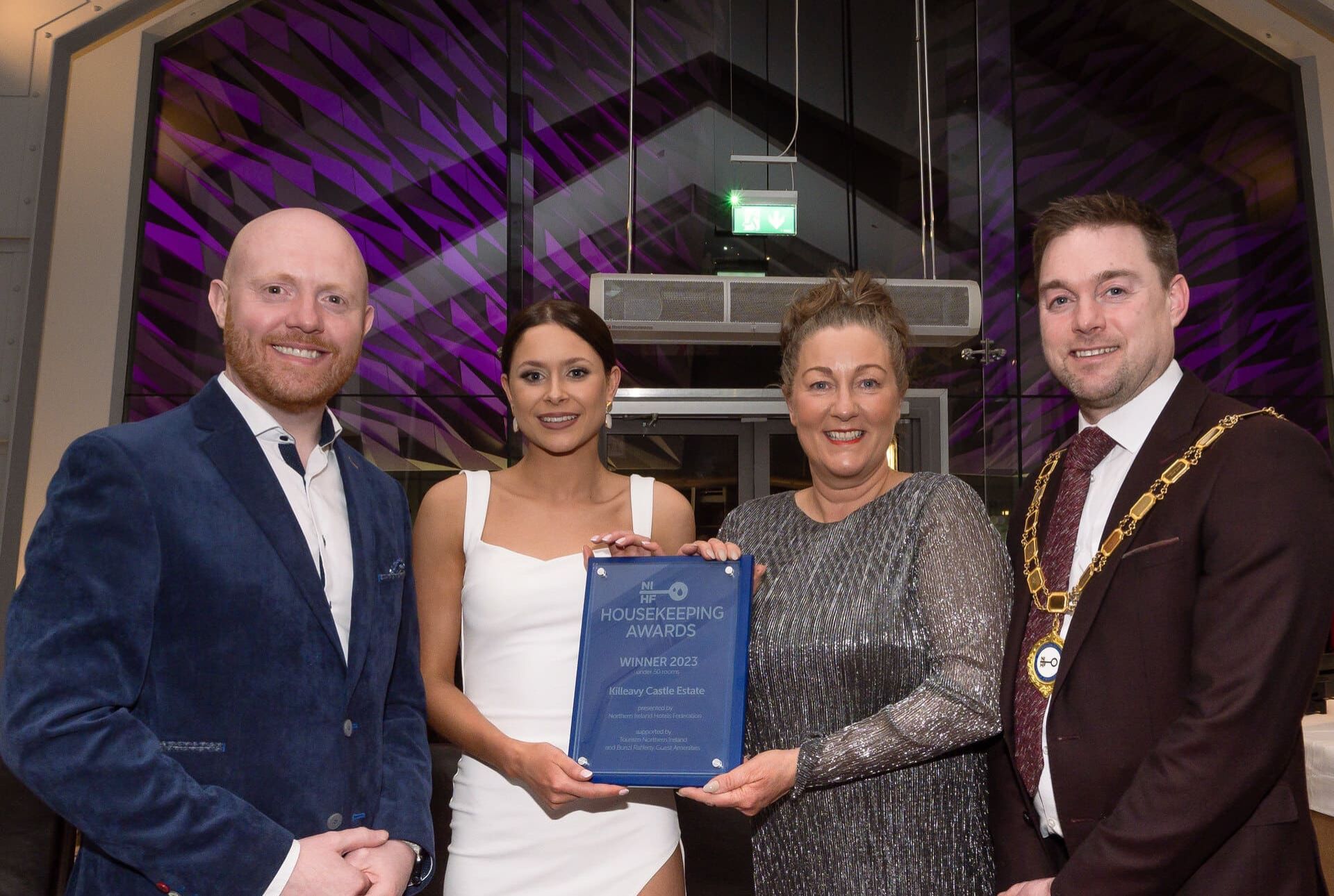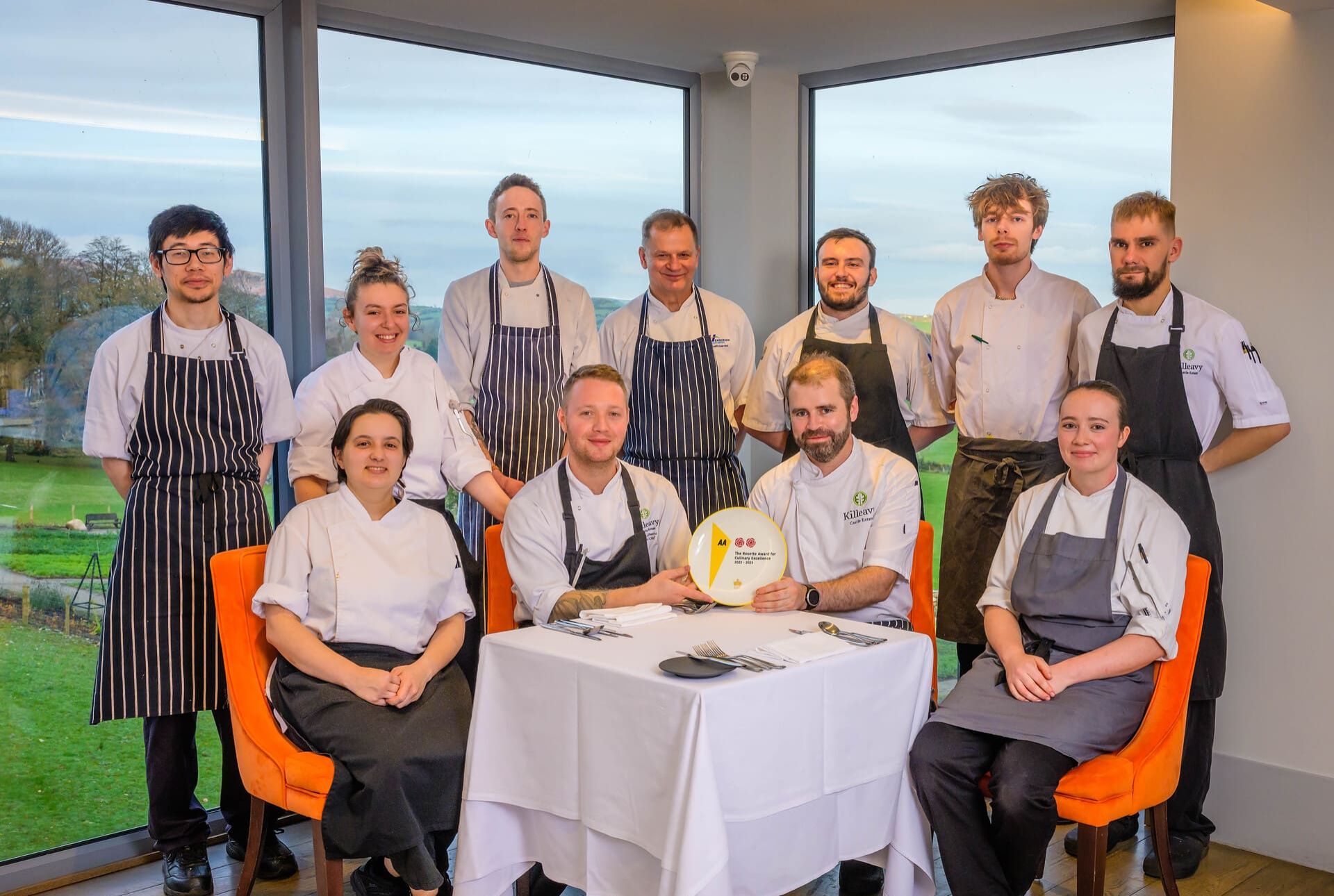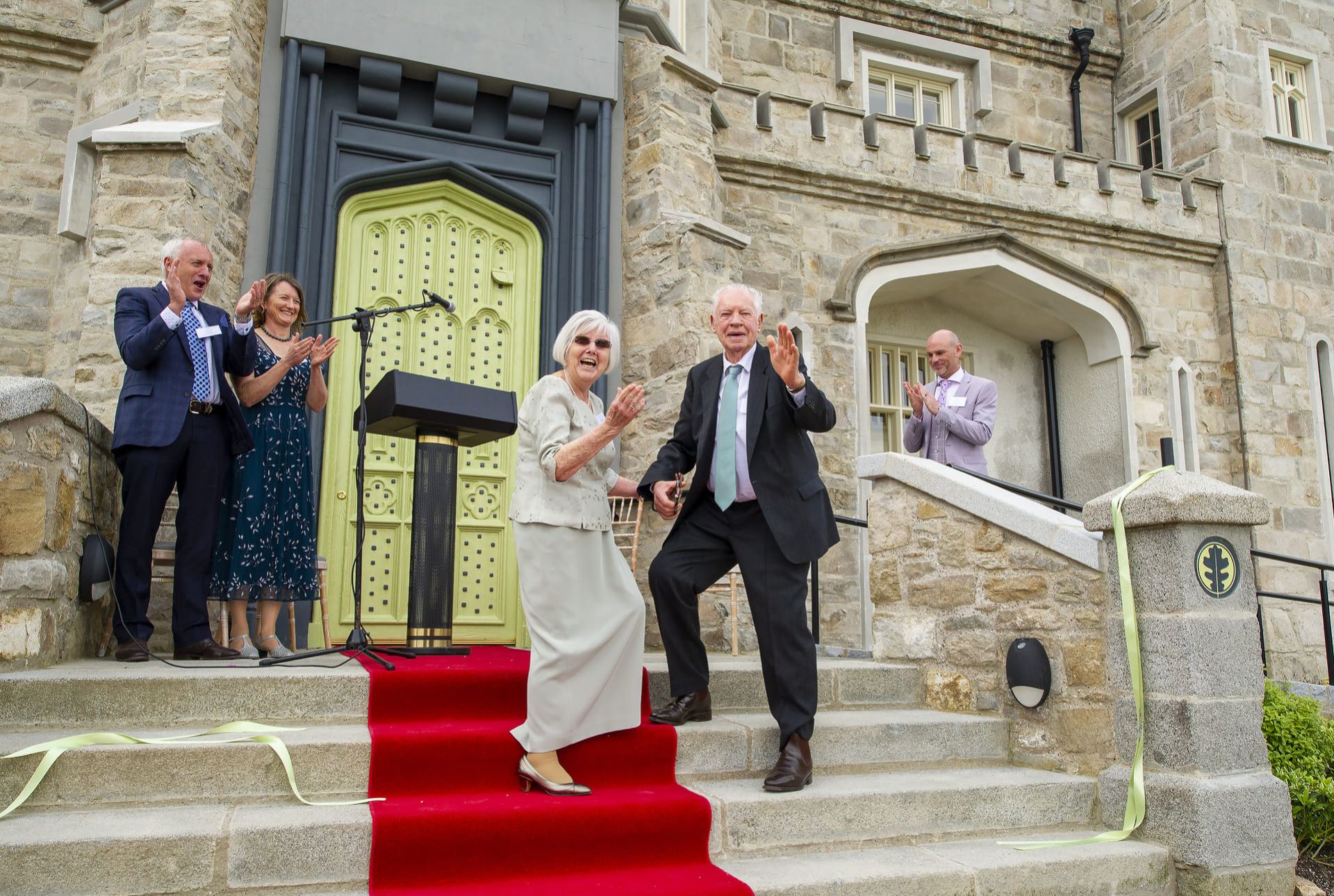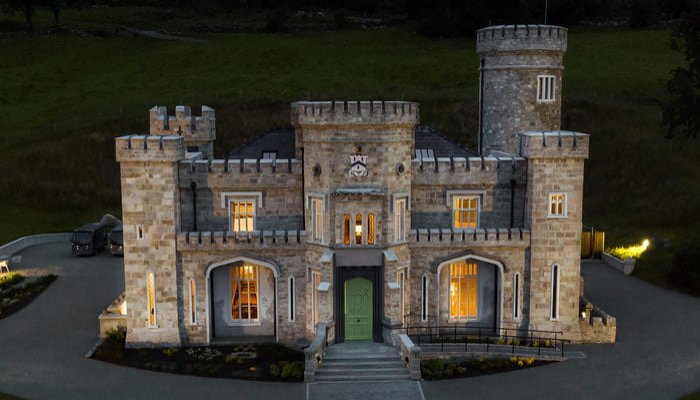By Chrissie Russell, Irish Independent
After buying the derelict Killeavy Castle, Mick and Robin Boyle travelled 16,000km from Australia to restore it, added a hotel and spa, and now plan to replant the slopes of Slieve Gullion...
It was shortly after 4am on March 10, 2013, when Mick Boyle woke his sleeping wife Robin to tell her they’d just bought a crumbling castle on the other side of the world.
For a winning auction bid of £1.19m, the Boyles of Sydney, Australia, were now the proud owners of a dilapidated estate, 16,000km away on the slopes of Slieve Gullion near Newry in south Armagh, complete with a Grade A-listed, 19th-century castle that hadn’t been inhabited for more than a decade.
But Robin wasn’t surprised by her wake-up call.
“I knew Mick always wanted to have a little piece of south Armagh that he could call his own,” she says. “The family ties are really strong to that area so I completely understood that. When the auction started at 11pm, I just went to bed and left him to it!”
What the couple weren’t perhaps prepared for was how fast news spreads in Mick’s ancestral home.
“We’d said to everyone, ‘Don’t reveal who we are, we really want to stay under the radar.’ Then at 6am we got a call from Mick’s uncle who lives in the area who said: ‘I hear you bought the castle!’” says Robin.
“I had to jump in the car and drive straight to my mother and father to make sure they heard it from me,” adds Mick, chuckling.
Family, history and sense of connection lie at the heart of the story behind Killeavy Castle Estate’s revival. When the castle re-opened as part of a new four-star hotel complex on July 4, 2019, the ceremonial ribbon was cut by Mick’s Killeavy-born parents, Michael and Pauline, who had emigrated to Australia almost 50 years previously to the day as so-called ‘10 pound Poms’ — emigrants availing of the UK’s £10 passage scheme to start a life Down Under.
The ribbon-cutting was also 30 years to the day — and on the same spot — where Mick had asked his then girlfriend, Robin, to marry him. And fittingly, the opening was bookended by several mammoth family events: hosting 150 family members on Mick’s maternal side one week, and 200 of the Boyle clan some weeks later.
“It was one of those really wonderful south Armagh evenings where we were sitting overlooking the whole valley of Killeavy and someone started singing There’s One Fair County in Ireland,” says Mick.
“Then all my father’s brothers and sisters and their partners started waltzing. You couldn’t have staged it. It was just wonderful, an evening I’ll never forget.”
This, of course, is skipping to the good part. What preceded the celebrations was a lot of hard graft and an investment of some €14m, creating a flurry of activity in the shadows of the sleeping giant of Slieve Gullion. But family was always present, whether it was a flock of cousins descending to help clear the waterways, or each of the Boyles’ four children getting involved: Minna helping with the website, Sarah taking leave from her civil engineering degree to work on site alongside her brother Michael, or Joseph moving to Killeavy with Robin for eight months during the build, continuing his schooling online and giving some hands-on help when needed.
Today, two walls of photographs in the hotel lobby illustrate the sheer state of disrepair of the castle before they began the restoration. A colourful print behind the reception desk (also available for purchase as a 1,000-piece jigsaw puzzle) gives a playful nod to the vast amount of graffiti that once graced the estate.
“It was a bit of a mess,” says Mick, with droll understatement. “The castle was derelict, the farm buildings, the farmland, even the forest had been neglected.”
Built around 1810, the main granite building was originally a lodge, home to the Foxall family, a prominent Newry banking family. Its castellations came in 1836 thanks to Dublin-based architect George Papworth, and the quirky sandcastle-like home went on to be the residence for the Gillespies, then the Bell family for several more years before falling into dereliction.
The Boyles toyed briefly with the notion of renovating it as a home, but settled instead on creating a hotel. Agreeing on a design took 18 months, clearing approvals and securing banking took another two and a half years.
“It was difficult,” says Mick. “Nobody really thought that anyone would come to a four-star hotel in south Armagh.”
At play was the combination of the continued impact of the global financial crisis on hospitality, and the location itself. For a generation, mention of ‘south Armagh’ evoked one phrase only: ‘bandit country’, an appellation garnered from the level of activity experienced during the Troubles. And while huge strides have been made to move away from this association — including Mourne Gullion Strangford recently achieving internationally coveted UNESCO Geopark status — the area still lies off the main tourist trail in Northern Ireland, particularly when compared to the likes of Titanic Belfast or the Causeway Coast and its Game of Thrones appeal.
But it’s this ‘hidden gem’ status that Mick sees as a bonus. “It hasn’t had that many tourists to the area so the local people aren’t sick of tourists,” he says. And the landscape, he asserts, can hold its own, not just against anywhere else in Northern Ireland, but the world.
“We’ve had the advantage of travelling a lot, but we would still go there and say, ‘Wow! This is beautiful,’” says Mick. “That whole Ring of Gullion, with the Mournes and the Coolies not far away, it’s just amazing, the countryside is stunning. You’re an hour from Belfast, an hour from Dublin, and just off the [M1] motorway. But when you’re there, you feel far from anywhere else.”
This sense of detachment helped them weather Covid, with guests keen to eschew busy airports and cities. And while the rest of the world got to grips with Zoom, it was a medium the couple were already au fait with when overseeing the building project remotely, thanks to running their long-standing, Australia-wide construction company.
“Our construction business operates across Australia and it’s a big country with lots of projects happening remotely, so the process of managing something remotely was familiar to us and wasn’t so bad,” says Mick. “You just need good planning and good people, and we knew we had a good team in place at Killeavy.”
Today that team is headed up by general manager Jason Foody, with Killeavy marking the sixth hotel opening for the experienced Mayo man, and of the 160 full- and part-time staff, most hail from the local area. Creating employment and something the community could feel invested in was important to the Boyles.
Mick was regularly on site during the works, including the day when they discovered a bewildering cul-de-sac off the castle’s basement bar that turned out to be a hidden servants’ tunnel, stuffed with rubbish and plastered over but now restored to a quirky walkway leading from the castle to the coach house.
“We had to work with the building,” he says. “You couldn’t fight against it. I spent a lot of time trying to get into the heads of the people who built it.”
The hotel runs tours of the castle — where fanciful turrets now house quirky en-suite bathrooms and a spiral staircase snakes through the bridal suite to tower-top views of a hazy blue Slieve Donard in the distance. It rents as a single unit (for £2,500 a night; sleeping up to eight), usually to wedding parties, who can use the walled garden for ceremonies and a pavilion for receptions.
Whimsical William Morris heritage prints grace the castle’s interior walls, while decor in the hotel (rooms from around £220 on a B&B basis) is a more modern affair of soft greys, exposed walls and glass. Sense of place is still king (the hotel’s motto is ‘connect to what’s important’), with each of 45 bedrooms boasting Juliette balconies and subtle colour schemes dictated by the seasons’ flora and fauna.
The 52 windows in the castle reflect the 52 weeks of the year, while the 365 acres — now home to a wealth of walking trails — celebrate the daily rhythm of a year.
More than 90pc of the food served in the estate is produced within the grounds of the castle or within a 30km radius, and the seven-course tasting menu, conceived by executive chef Darragh Dooley (formerly of Castle Leslie) is a mouth-watering homage to local flavours and sustainability. Crisp pastry tartlets are served on slices of bark foraged from the forest floor, for example, and dining on the succulent roast fillet of longhorn beef and oak-smoked lamb loin from the estate’s herds grazing outside takes ‘field to fork’ to a whole new level.
Surplus veg is pickled and preserved where possible, and down in the thriving farm shop, the estate’s on-site butcher is creating cured meats to rival the best Biltong.
Estate flowers and herbs are even used in signature treatments at the hotel spa, and you’ll not find any dinky single-use toiletries. Rooms have refillable Rituals products, reusable glass bottles of water and, across the hotel, windows not only maximise the stunning views but also minimise reliance on artificial heating and lighting.
The impetus to buy a castle in south Armagh may have sprung from historical ties, but there’s no denying Mick and Robin have their sights fixed firmly on the future. In light of the fact that Northern Ireland currently has one of the lowest percentages of woodland in Europe, the couple recently managed to secure land previously used by the NI forestry service as a pine plantation, and have committed to planting 50,000 native trees.
“It means Slieve Gullion will have 250 acres of native forest,” says Robin. “That’s something we feel really lucky to have the opportunity to do.”
“That’s our last piece of restoration work,” adds Mick, smiling. “We’ve worked our way up from the road, restored the farmlands and now it’s onto the woodlands — in 200 years, it’ll look spectacular!”

